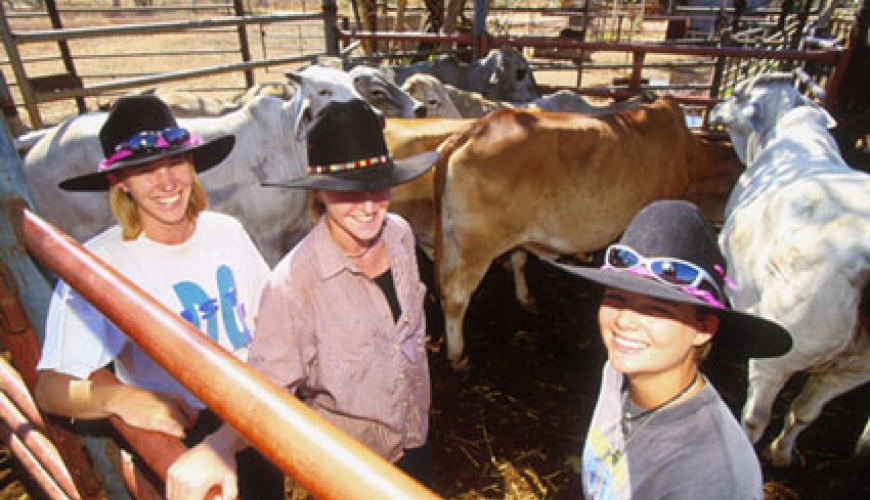Bush Talks: Rural Health

Rural Health
Background
In 1998 and 1999 the Commission (then known as HREOC) visited regional, rural and remote areas in every State and the Northern Territory as part of the Bush Talks consultations.
Inadequate, inaccessible and diminishing health services emerged as one of the principal human rights concerns. The overwhelming perception in many communities was that urban-based governments and bureaucracies fail to understand the health needs of rural Australians.
Read a summary of rural health concerns.
The importance of acknowledging health as a human right is that it ensures appropriate health care and health promotion is a government obligation. However, there are many ways to deliver the services to meet that obligation. The most effective ways will, first and foremost, respond to local community needs. Some communities have identified their principal needs for health services and worked together to address them. Other communities are searching for ways to overcome their service provision problems.
Read information on the right to health as a human right.
Rural Health Initiatives
Following are some examples of positive health initiatives in remote, rural and regional Australia. All health projects naturally have their strengths and weaknesses. Some of the successful health projects we encountered have a mix of the following characteristics:
- community based or community responsive
- clearly identify and address local need
- establish a mechanism for continuing support
- receive substantial primary funding but may seek out other funding sources
- are flexible and responsive to changing health needs and a changing community
- have highly motivated and committed individuals involved in the process.
These characteristics are reflected in the success of the following featured initiatives:
- Community Health Adolescent Murraylands Peer Support (CHAMPS) (South Australia)
- Coming Home - a workshop on Rural Careers in Health for Year 10 students (NSW)
- Desert Acrobats (Western Australia)
- Nyirrpi Grandmothers' Women's Health Program (Northern Territory)
- Sage Hill Carers' Service (Victoria)
- Yeoval Multi-Purpose Health Centre (NSW)
